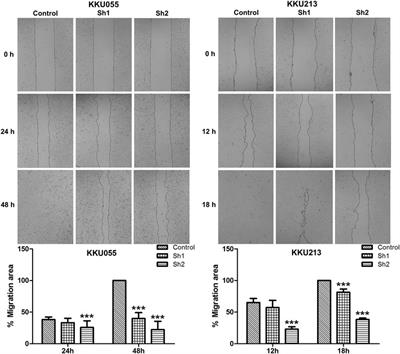EDITORIAL
Published on 07 Mar 2022
Editorial: Next-Generation Cancer Therapies Based on a (R)evolution of the Biomarker Landscape
doi 10.3389/fphar.2022.861424
- 1,611 views
32k
Total downloads
101k
Total views and downloads
EDITORIAL
Published on 07 Mar 2022
REVIEW
Published on 20 Jan 2022

REVIEW
Published on 20 Jan 2022

REVIEW
Published on 30 Nov 2021
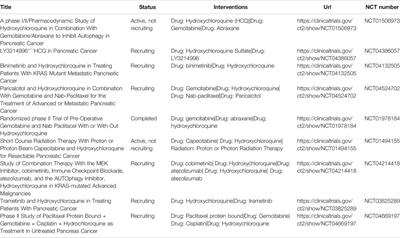
REVIEW
Published on 19 Oct 2021
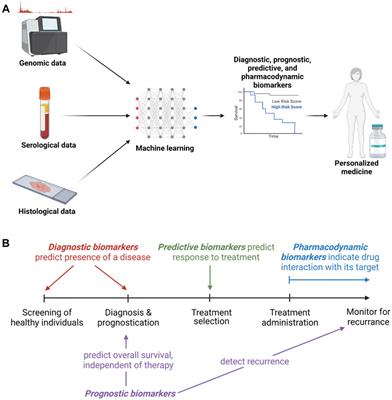
ORIGINAL RESEARCH
Published on 13 Oct 2021
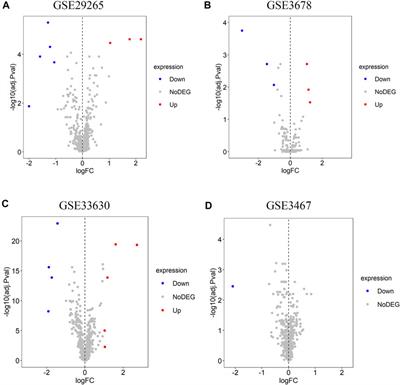
REVIEW
Published on 24 Sep 2021

ORIGINAL RESEARCH
Published on 16 Sep 2021
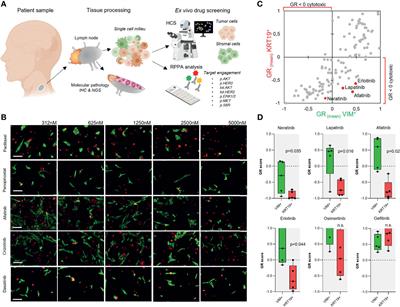
ORIGINAL RESEARCH
Published on 13 Sep 2021
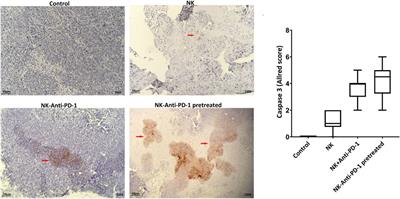
ORIGINAL RESEARCH
Published on 10 Sep 2021

SYSTEMATIC REVIEW
Published on 31 Aug 2021
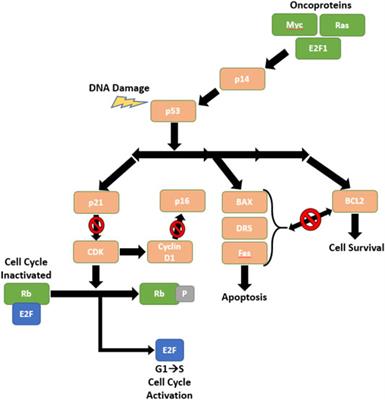
ORIGINAL RESEARCH
Published on 04 Aug 2021
